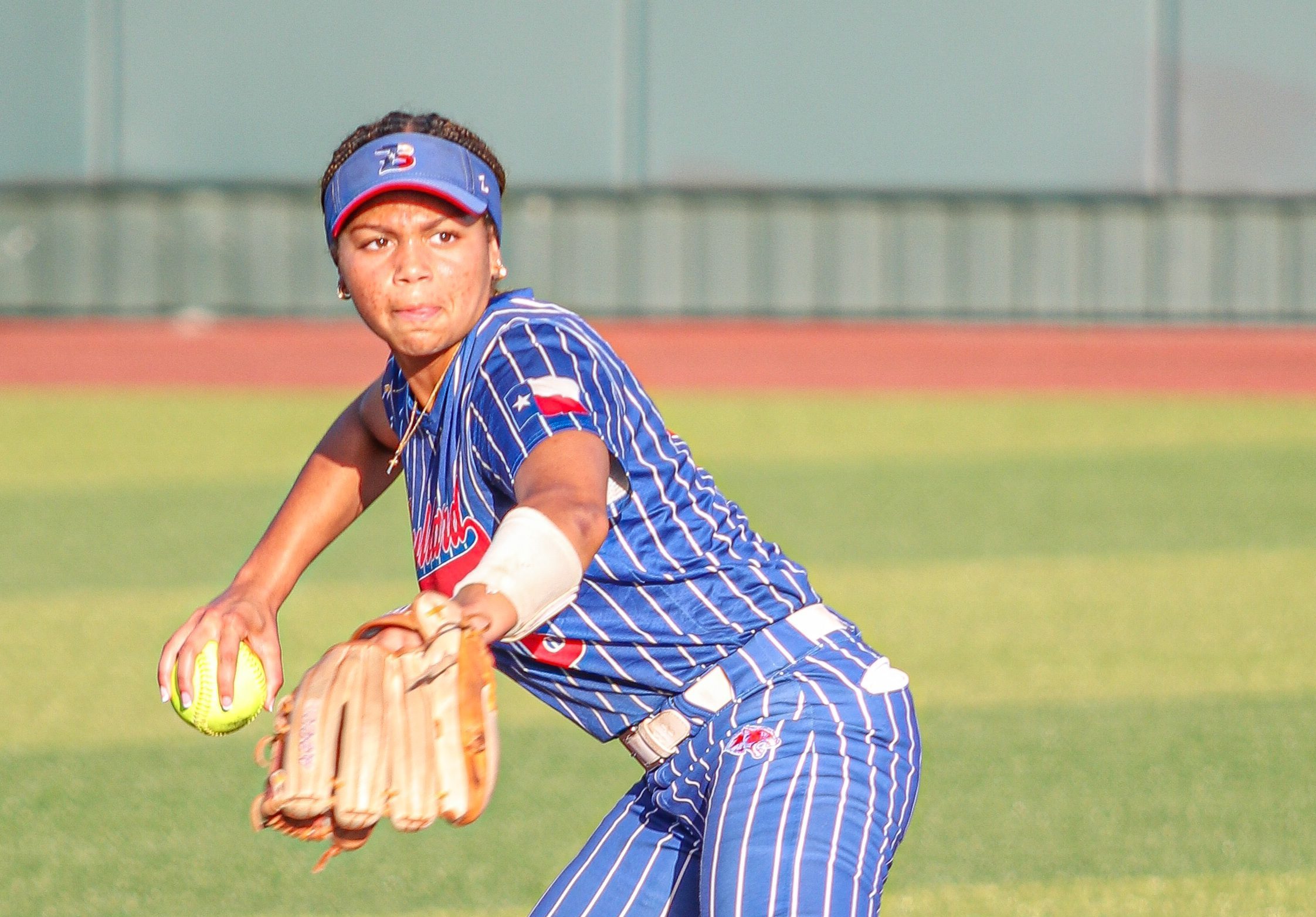Chocolate prices and free markets
Published 7:50 pm Thursday, January 15, 2015
Brace yourself. Valentine’s Day could be cold, bleak and lonely for many Americans if a looming chocolate shortage — something we’ve been warned about for years — comes to pass and we’re not able to find that perfect box of chocolates for our true loves.
That is, unless free markets step in and save the day.
Trending
The Atlantic carried a story last year headlined, “The Race to Save the World’s Chocolate.”
“Blame climate change,” The Atlantic reported. “Or pestilence. Or China’s Westernizing taste in candy. Blame, perhaps, Ebola. Regardless, the world is running out of chocolate. In 2013, the world consumed about 70,000 metric tons more cocoa than it produced. And now, Mars Inc. and Barry Callebaut — two of the world’s biggest manufacturers of chocolate goods — are warning that by 2020, that consumption-over-production number could increase to 1 million metric tons (a 14-fold bump).”
Actually, don’t blame climate change, pestilence, China — or even Ebola. Africa’s slowdown in chocolate production is due to government ineptitude, through price controls. As in every other case, price controls distort markets and warp incentives. Government agencies such as the Ghana Cocoa Board set prices for cocoa, at what the agencies feel they ought to be.
As a USDA crop report explains, “The cocoa industry in Ghana is fully controlled by the GOG (government of Ghana), having monopoly over the purchase and export of cocoa beans.”
Those government controls prevent market forces — in this case, higher prices — from leading farmers to produce more, at least legally. Ghana admits that there’s a lot of cocoa smuggling going on.
But since those West African governments have no intention of stepping out of the way, chocoholics are looking for alternatives. And the market responds.
Trending
“With chocolate prices surging, a former Credit Suisse Group AG (CSGN) banker wants to help revive cocoa farming in the Amazon basin, where the beans are thought to have evolved about 15,000 years ago,” Bloomberg news wire reported last week. “His campaign, located in Peru, is part of a Latin American push to gain more control of an industry now dominated by West African farmers who provide 70 percent of the market.The effort comes as drought, disease and government price controls have cut into the ability of Africa’s suppliers to meet demand, boosting prices by 7.4 percent in 2014.”
Now, it’s not just interfering governments in Africa that are the problem. The U.S. federal government has also stepped in to make those Valentine’s Day confections more expensive.
According to the Heritage Foundation, “For decades, the federal sugar program has artificially kept the price of sugar excessively high. According to the most recent data from the U.S. Department of Agriculture, it cost 37.5 cents to buy a pound of wholesale refined beet sugar in the United States, yet it only cost 19.2 cents for a pound of refined sugar on the world market.”
Shakespeare warned us about this.
“The course of true love never did run smooth,” he wrote.
But free markets can help to bring chocolates, or other sweets, to your sweet.







